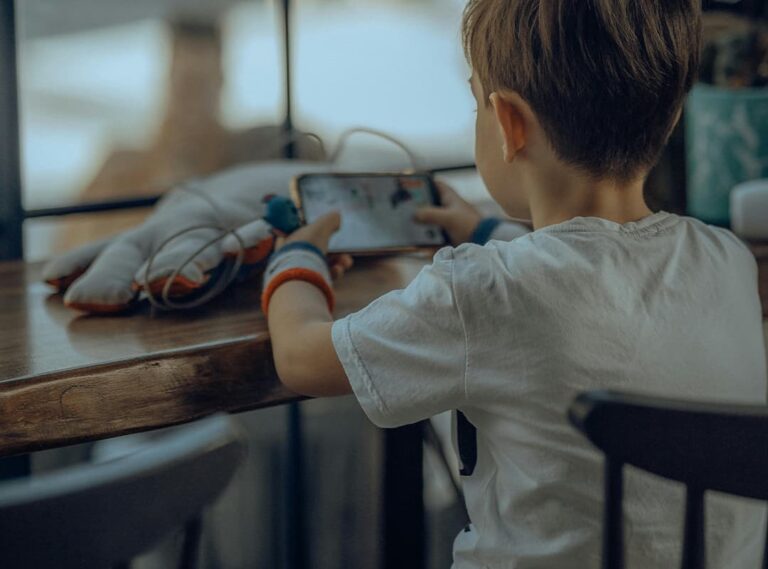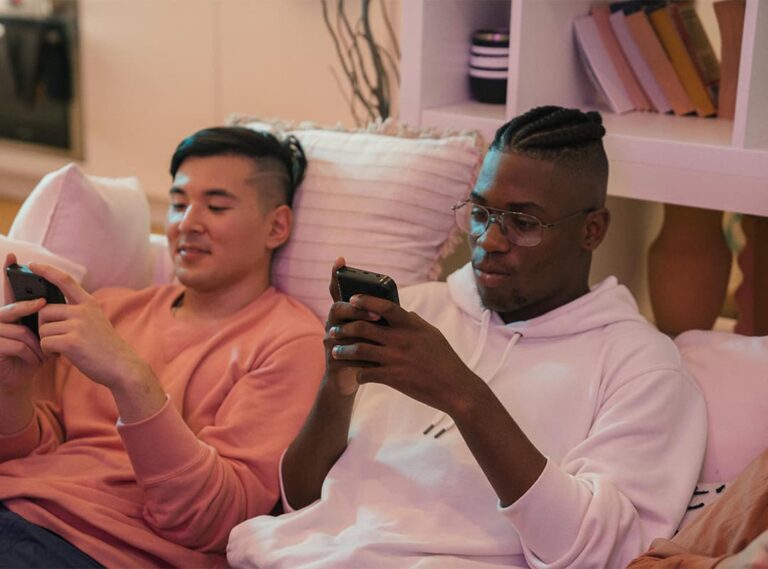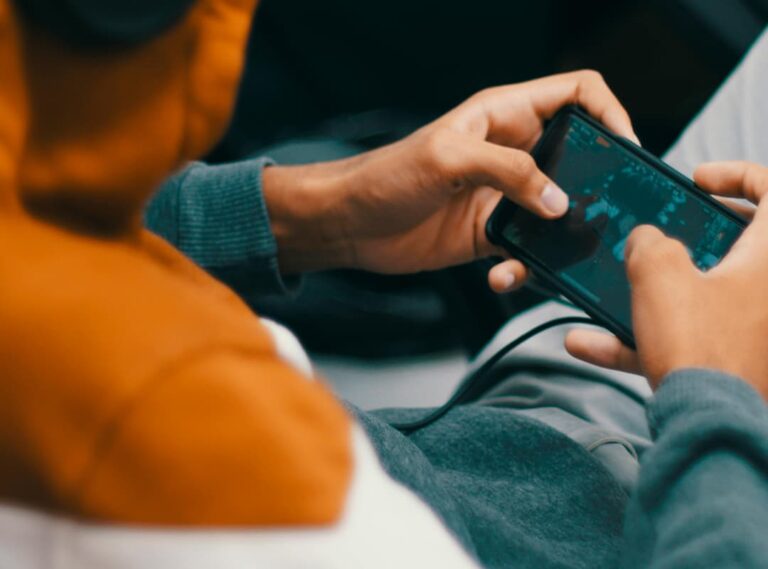Brooklyn-based programmer Josh Wardle created the game Wordle for his girlfriend – she’s a fan of newspaper puzzles. Cowordle didn’t realize the game would become mega-popular. The reason for Wordle’s success? Doing things against the rules: getting rid of advertising, notifications and beautiful design. The cherry on the cake is to limit players’ time, because Wordle can only be played once a day.
You don’t need to download the app or register to play Wordle. The game exists only on Wardle’s PowerLanguage website. The rules of the game are simple: out of six tries, you have to guess a 5-letter word that is hidden behind white squares.
After each guess, the squares change color: they become gray if the specified letters are not in the word, yellow if the letters are out of place, and green if the guess is correct.
The game can only be played once a day. Users around the world guess the same word. Once guessed, they share their table of squares on Twitter, but they don’t say what word is hidden there.
The reason for its popularity is the simplicity of the game
Cowordle doesn’t have its own app, doesn’t show ads, doesn’t send push messages, doesn’t sell NFTs or clues, and doesn’t collect users’ personal data. “People like things that don’t require anything from them,” Wardle says in an interview with TechCrunch.
An analog game from the ’80s
There are many word games on the web, but Wordle is most reminiscent of the American game show Lingo, which was popular in the 1980s. “Wordle looks like our show, works like our show, smells like our show and is our show!” tweeted Lingo host Adil Ray.
Other developers are capitalizing on the game
Wardle’s game is easy to copy because he hasn’t trademarked or thought about complex gameplay. Since his puzzle game only exists in the browser, Apple and Google don’t consider it a game at all.
Other developers took advantage of this: they created clones of the game, ripping off users for subscription money. Why did players fall for it? When they heard about Wordle, they didn’t even think that it was a web game, but went straight to the App Store or Play Market to look for it. There they found copies of Wordle with identical designs and similar names – Letterle, Sweardle, Queerdle, Hello World, and others.
One developer, Zach Shaked, made an identical copy of the game, including the title and interface. He charged $30 a year for an annual subscription. About 12,000 people downloaded the game on the first day, and about 1,000 bought a subscription. Thus, the fake Wordle entered the ranking of the best games in the App Store.
After a flurry of media criticism, Apple removed all Wordle clones on January 12, and Shaked apologized for his act: “I realize I crossed a line. I will never do anything like this again,” he wrote on Twitter.
Shaked later offered Wardle a license fee of $100,000 and a percentage of the proceeds. When Wardle refused, Shaked decided to create something of his own.







